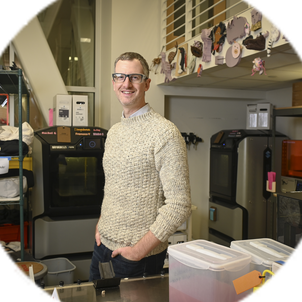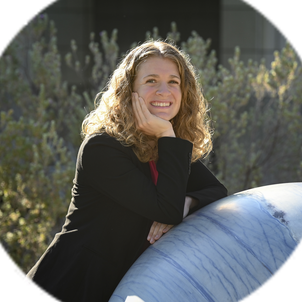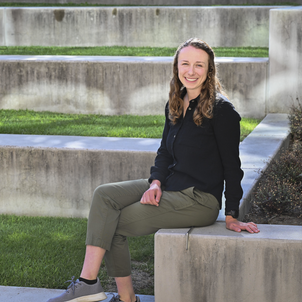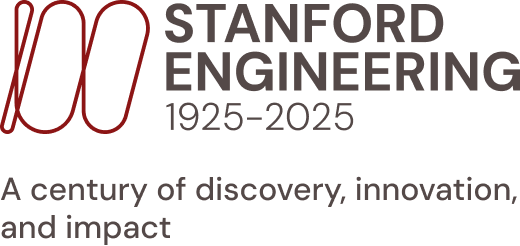When I was in high school, I was pretty confident in my abilities, but once I got to Stanford, I began having doubts. I started asking myself, do I have what it takes to succeed here? Representation played a role in that. In some of my technical classes, I didn’t see many women or Latinas. That sense of “otherness” contributed to a lack of confidence, self-doubt and imposter syndrome, and at points had me feeling like it would be easier to leave STEM altogether to avoid these experiences. This is a feeling I know my peers and students before me have had as well.
Several things helped me through all that. I took part in the Stanford Summer Engineering Academy (SSEA) and joined both the Society of Latinx Engineers (SOLE) and Women in Computer Science (WiCS). It was in those groups that I found communities of people who share my goals as well as similar backgrounds. It’s empowering to see my peers pursuing their goals in STEM fields. These organizations are my most important support systems at Stanford. They give me access to a network of juniors and seniors who can provide mentorship and advice. These groups have also helped me develop new friendships with classmates who become my problem set partners, and connections to involved professors who genuinely care about our success. I feel like I have a place in these communities, which helps me feel like I have a place in computer science. Now as a senior and part of the leadership of SOLE and WiCS, I want to help other students feel like they belong in engineering, too.
Last year I began working in a lab that’s researching the use of machine learning algorithms with medical CT images to identify not only a patient’s immediate problem, but also whether they may be at risk for diseases like diabetes or hypertension. I want to pursue a PhD, potentially in computer science, so I can work on finding data-driven solutions to societal problems. I entered computer science interested in math and problem-solving, but I think now I’m really motivated by the idea of finding new solutions that will positively impact people’s lives.
As a woman and Latina in STEM, I still struggle with doubts about my place in computer science, but I also feel empowered to inspire and encourage those who are coming up behind me. Wherever I go, I’d like to be a voice at the table working to combat systemic inequity, and to use my skills and strengths to develop technologies and policy that serve the needs of my communities. I want to be a role model for the next generation of women, Latinos and Filipinos in STEM.
Related spotlights

Dan Somen

Sonia Martin


